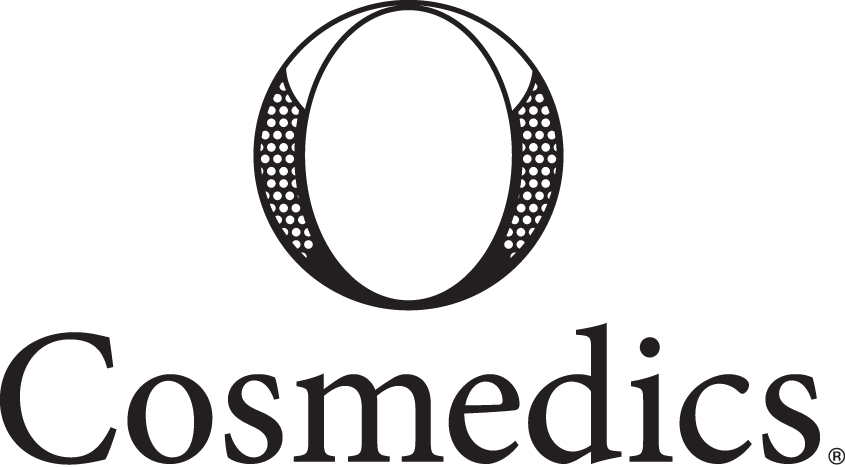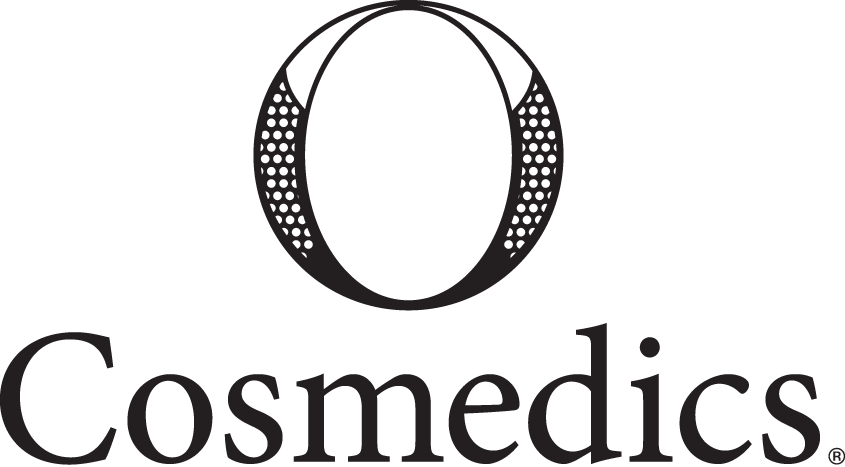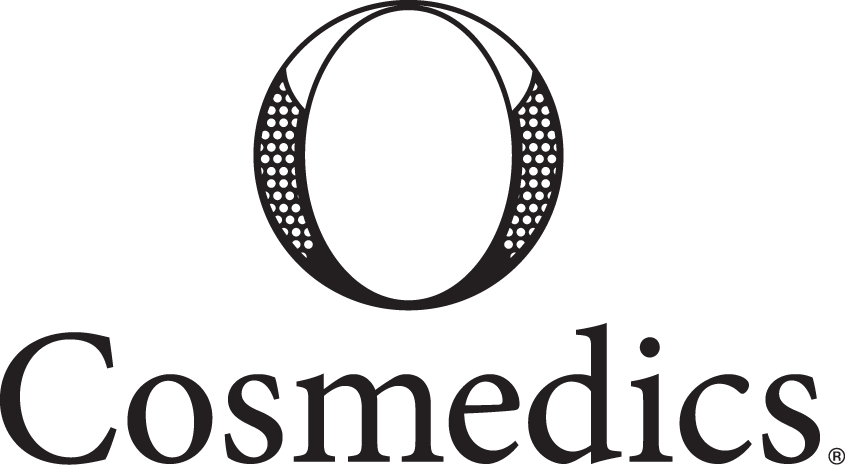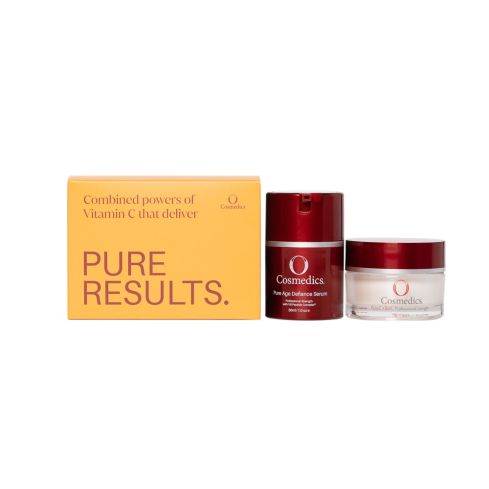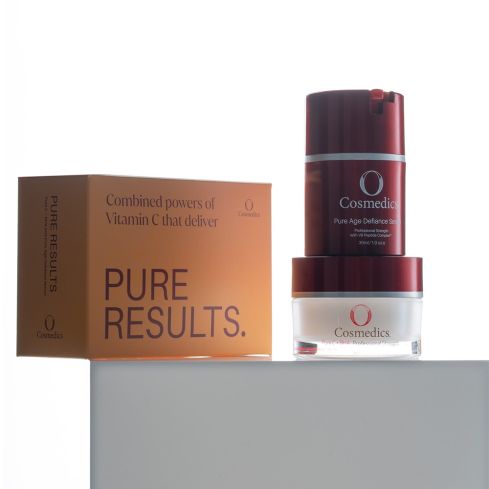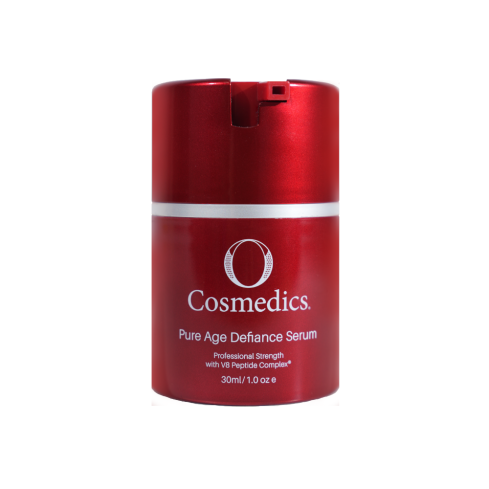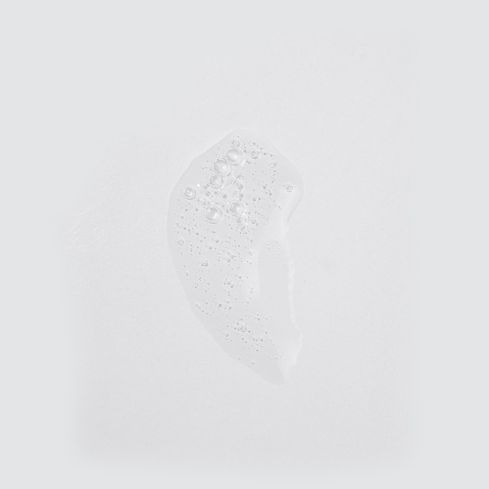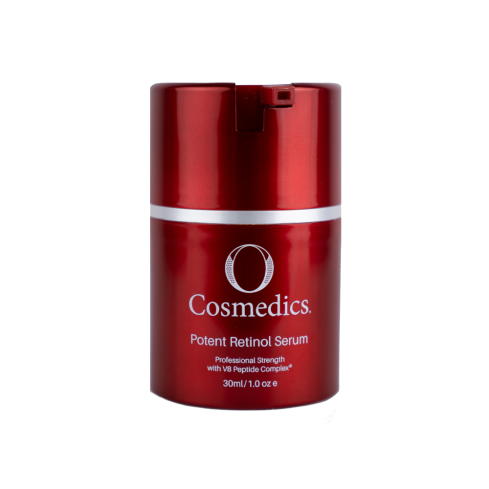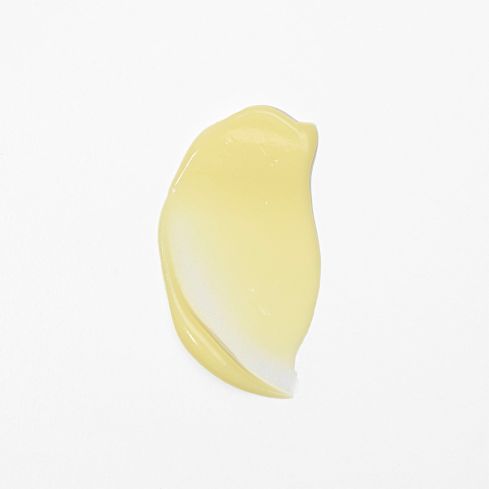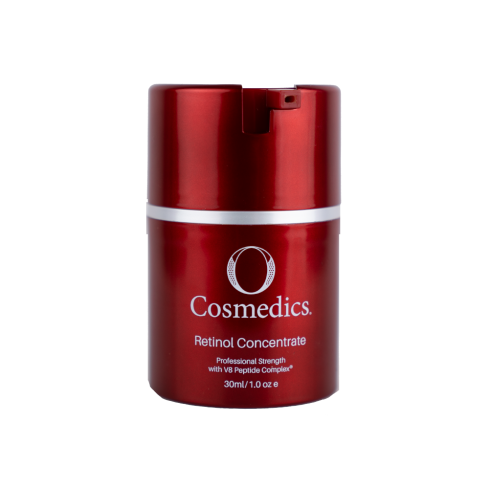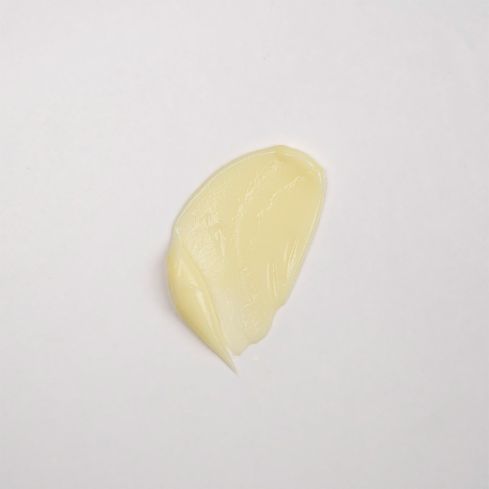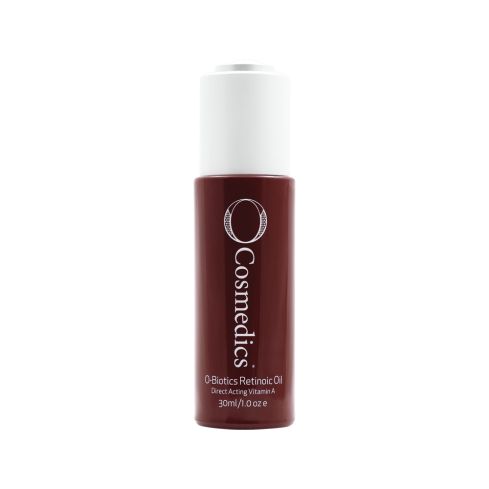
Vitamin A / Retinol
Still the number one anti-aging active ingredient, Vitamin A (also known as Retinol) is an O favourite and the base of all skin transformations. O Creator Maria refers to it as the ‘conductor of the skin orchestra’ since no skin solution is complete or skin transformation possible without it. Crucial in skin health routines, the goal is to use it daily and the key is to start slowly, every second to third night, to improve skin texture, minimise fine lines and wrinkles, promote a firmer more elastic skin texture and even out skin tone. In O formulas, a combination of pure Retinol for an instant hit of Vitamin A and a microencapsulated stable form of Retinol are used for a slow time release dose of Vitamin A deep into the skin.
Learn how to choose the right Retinol (Vitamin A) for your skin.FAQ
Vitamin A skin care is widely used for its corrective and preventive properties amongst almost all skin conditions. It plays a crucial role in skin health and is one of the non-negotiable vitamins that all skins require for normal skin health and function.
In skincare, various forms of vitamin A, also known as retinoids, are used to address different skin concerns on different skin types. It is imperative to choose the right form of vitamin A for your skin as a common misconception is ‘the stronger the better’. All skins are different and require a different approach based on the health, hydration, and oil levels. Here are some common forms of vitamin A found in skincare products:
• Retinyl Palmitate and Retinyl Acetate – The more mild and gentle forms of vitamin A used in skincare are these ester forms. Whilst far less effective, they can be a nice alterative to stronger forms on weaker or young skin in preparation for more effective forms in the long term.
• Retinol – The most commonly used and known form in over-the-counter cosmetic products. Retinol is the smallest molecular form of vitamin A and is alcohol derived, making it superior at skin resurfacing and offering generally fast results when used correctly. Retinol requires 3 conversions in the skin to become Retinoic Acid, which is the only form the skin can use. The potency, purity and delivery of the retinol is key to ensuring it makes the conversion. Often the best choice for problematic, congested and thickened skins.
• Retinoic Esters – One of the latest most innovative forms of vitamin A are known as Retinoic Esters. These fall in between Retinol and Retinoic Acid in their efficacy and irritation scale. They are very gentle and effective, and do not require a conversion to make skin changes making them some of the fastest rising vitamin A heroes for sensitive skins.
• Retinaldehyde – Proven to work 11 times faster with less irritation is Retinaldehyde, requiring only one conversion to become Retinoic Acid. This generally very unstable form of vitamin A is highly effective at correcting and maintaining many skin conditions when used in formulations that make it highly stable.
• Retinoic Acid – The only form of vitamin A the skin can use and is only available through a prescription. Being an acid makes this form extremely irritating to most skins, requiring a very slow introduction to many skincare routines. This acid form can strip the skin of its natural skin barrier protection and causing further damage if used incorrectly. Whilst all forms of vitamin A go through a conversion to become this form, this doesn’t mean using pure Retinoic Acid gives you a better result. With many widely available and evidence-based other forms, more skins fall into the category of retinol, retinoic esters and retinaldehyde for continual ongoing use.
Vitamin A skin care and retinol skincare promotes cell turnover, stimulates the production of new skin cells, stimulates collagen production, and regulates oil flow. This can help improve skin texture, reduce the appearance of fine lines, wrinkles, hyperpigmentation and uneven skin tone as well as decongest the follicles.
• Cell Turnover and Renewal - Vitamin A skin care promotes skin cell turnover, which is the process by which new skin cells replace old ones. This helps to keep the skin's surface fresh, smooth, and vibrant.
• Collagen Production - Retinol skin care stimulates the production of collagen, a protein that provides structure to the skin. Collagen helps maintain skin firmness and elasticity, contributing to a more youthful appearance.
• Reduced Appearance of Fine Lines and Wrinkles - The acceleration of cell turnover and increased collagen production can contribute to the reduction of fine lines and wrinkles, making Vitamin A a common ingredient in anti-aging skincare products.
• Improved Texture and Tone - Regular use of Vitamin A skin care can lead to smoother and more even skin texture. It may help fade dark spots, hyperpigmentation, and acne scars, leading to a more even skin tone.
• Treatment of Acne - Retinol skin care is effective in treating acne due to its ability to unclog pores, regulate oil production, and promote the shedding of dead skin cells.
• Enhanced Skin Radiance - By promoting cell turnover and renewal, Vitamin A skin care products can contribute to a brighter and more radiant complexion.
• Antioxidant Properties – Vitamin A has antioxidant properties that help neutralise free radicals, which can contribute to premature aging and damage to the skin.
• Improvement in Skin Elasticity - The stimulation of collagen production by retinol skin care can lead to improved skin elasticity, reducing sagging and promoting a more youthful appearance.
• Minimization of Pore Size – Vitamin A skin care products can help prevent the clogging of pores, contributing to a reduction in the appearance of enlarged pores.
• Prevention of Photodamage - Regular use of retinol skin care may help protect the skin from sun damage and environmental stressors, although it should not replace the use of sunscreen.
Retinol skin care products can be beneficial for a range of individuals, but they are particularly suitable for those who have specific skin concerns or goals. Individuals with signs of aging, sun damage, acne-prone skin, hyperpigmentation, textured skin and enlarged pores may benefit from using Vitamin A skin care. Prevention is always better than a cure.
If you're new to retinol skin care and other Vitamin A skin care products, start with a lower concentration and gradually increase as your skin builds tolerance. Perform a patch test before introducing new skin care products to your routine to ensure that your skin tolerates it well. Additionally, using sunscreen is crucial when using vitamin A skin care, as they can increase skin sensitivity to sunlight. If you experience irritation or sensitivity when using Vitamin A derivatives, consider adjusting the frequency, concentration or form of the ingredient.
For personalised guidance on incorporating retinol skin care and other Vitamin A skin care products into your routine, visit your nearest O skin clinic or start a live chat on our website with an O Skin Expert.
While there is no strict age requirement, many skincare experts recommend introducing Vitamin A skin care products including retinol skin care in your 20s or early 30s as a preventative measure against signs of aging and other common skin conditions. Consider your skincare goals, if you're targeting specific concerns such as fine lines, wrinkles, acne, or hyperpigmentation, Vitamin A skin care may be a suitable addition to your routine.
Vitamin A and retinol skin care products can be effectively paired with certain skincare actives to address various skin concerns. However, it's crucial to introduce these actives gradually and be mindful of potential interactions to minimise the risk of irritation. Here are some skincare actives that can pair well with retinol skin care:
• Niacinamide (Vitamin B3) - Niacinamide is known for its soothing and anti-inflammatory properties. It complements Vitamin A skin care products by helping to improve skin texture, reduce redness, and enhance the overall barrier function. Niacinamide is often used in formulations with vitamin A to reduce irritation and plays nicely if layered.
• Vitamin C (Ascorbic Acid) - Vitamin C is an antioxidant that helps brighten the skin, protect against environmental damage, and stimulate collagen synthesis. It can enhance the overall anti-aging effects when used at alternating times retinol skin care. Apply vitamin C in the morning and retinol in the evening to prevent potential interactions.
• Hyaluronic Acid - Hyaluronic acid is a hydrating ingredient that helps maintain skin moisture. It can be used alongside Vitamin A skin care to counteract potential dryness. Apply hyaluronic acid before retinol to provide a hydrating base.
• Alpha Hydroxy Acids (AHAs) - AHAs like glycolic acid and lactic acid exfoliate the skin's surface, promoting a smoother texture. Use AHAs in your routine on nights when you're not using retinol skin care.
• Beta Hydroxy Acids (BHAs) - Salicylic acid, a BHA, is effective for treating acne and preventing clogged pores. It can be used in conjunction with retinol skin care for comprehensive acne management. Apply BHAs before retinol or on separate nights.
For sensitive skins and retinol skin care beginners, a gentler form of Vitamin A, such as Retinyl Palmitate in our Pure Age Defiance Serum or Retinoic Ester found in Retinoic Oil would be best suitable. If your skin is dry or sensitive, opt for Retinoic Oil on an ongoing basis as this formulation was created with these skin types in mind.
Individuals who are already familiar with using Vitamin A in their routine may be able to tolerate high-strength retinol skin care products. O Cosmedics has two strengths; Potent Retinol Serum at 0.5% and Retinol Concentrate at 1% giving you range and flexibility. Our encapsulated Retinol generally needs to be added into your routine slowly to avoid a retinoid response as it travels deeper and is active for longer. Regardless of previous use of other brands of retinol you should always start with Potent Retinol Serum to allow your skin to adjust to the potency and delivery of O Cosmedics vitamin a skincare.
No, we do not recommend using any Vitamin A derivative, including retinol skin care products during pregnancy or breastfeeding.
